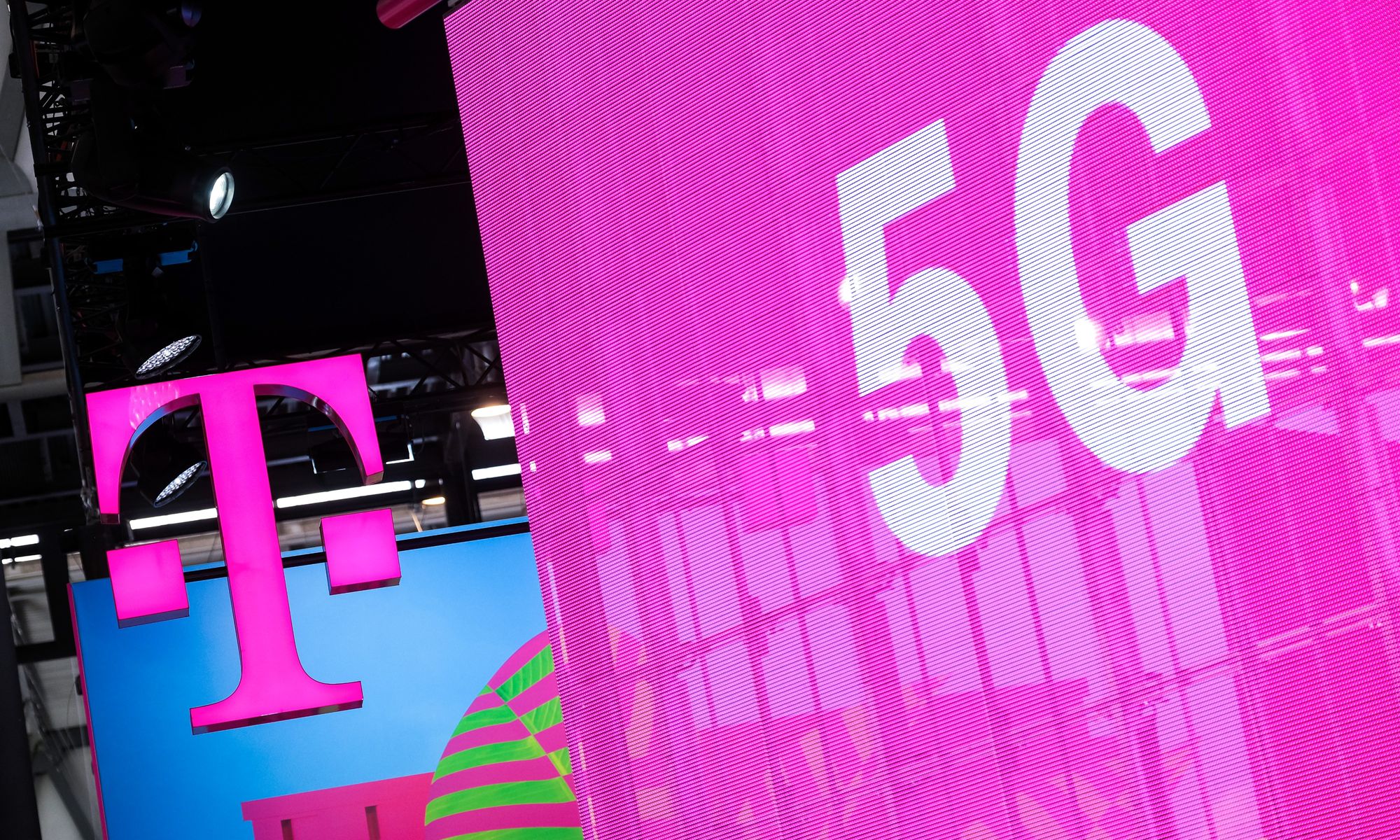Deutsche Telekom starts the 5G rollout in Germany, €84.95 per month
Deutsche Telekom this month announced that is starting the 5G rollout in Germany in six cities: Berlin, Bonn, Darmstadt, Hamburg, Leipzig, and Munich.

Deutsche Telekom this month announced that is starting the 5G rollout in Germany in six cities: Berlin, Bonn, Darmstadt, Hamburg, Leipzig, and Munich. Deutsche Telekom says that in the upcoming 18 months, the 20 largest cities in Germany will all be connected with 5G.
The German roadmap for 5G states that by the end of 2022, at least 98% of households in each federal state will have at least 100 Mbit/s.
“We punched our ticket for a 5G future with the spectrum auction. Our goal now is to get 5G to the streets, to our customers, as quickly as possible. Nearly three-quarters of our antenna locations in Germany are connected with optical fiber – we’re now building on that,” says Dirk Wössner, Member of the Board of Management, Deutsche Telekom, and Managing Director, Telekom Deutschland GmbH
“Our teams are working hard in every area. Whether we’re talking about the network, rate plans, or devices and applications – we’re speeding up to get 5G started this year. At the same time, we need a clear regulatory framework and pragmatism from the authorities – particularly when it comes to questions regarding regional spectrum, local roaming, allocation of the auction proceeds, and the approval procedures – which takes far too long in Germany.”
First 5G devices and rate plans are now available
Deutsche Telekom is selling 5G devices and matching rate plans, being the first provider in Germany to do so. Deutsche Telekom’s first 5G smartphone is the Samsung Galaxy S10 5G and is available in Telekom Shops now. The S10 5G costs 899.95 euros in the Magenta Mobil XL Special rate plan.
The new 5G Unlimited rate plan offers unlimited surfing for 84.95 euros per month. Customers use Deutsche Telekom’s LTE network and 5G in future. 5G connections are activated automatically whenever they are available.
The HTC 5G Hub works as a portable hotspot and can connect up to 20 devices with the network in parallel. It offers fast data – including via 5G in future. Typical peak speeds per user can reach up to 1 GBit/s, depending on the technology used.

